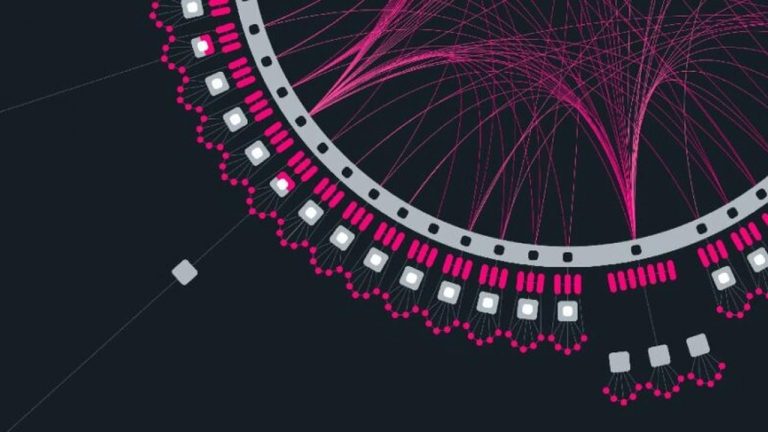Promising Integrations Join the Polkadot Ecosystem

As Polkadot’s vision of a decentralized web advances, the integrations of KILT Protocol and the fintech platform Current are adding new utility layers across the blockchain’s ecosystem, helping tear down the existing barriers between Web 2.0 and 3.0.
Value-Driven Integrations to Overcome Traditional Digital Obstacles
As excitement over Polkadot’s forthcoming launch heats up, more players are joining the ecosystem with novel solutions for how Web 3.0 can add incremental value for users in a manner that puts them in the driver’s seat.
It is evident that the company’s vision for a decentralized internet is materializing quickly as the Substrate framework attracts all manner of different projects. Among them is KILT Protocol, which has unveiled its Social KYC decentralized identity verification service.
Unlike the present, where most internet denizens turn over their emails and other private information to access free services, which in turn share credentials with partners, service providers, and other third parties while bypassing the users themselves, SocialKYC upends the existing paradigm. The service aims to help users re-establish control over digital identities.
Social KYC accomplishes this feat by helping users present their credentials whenever they decide. The service does not store or share personal data and immediately forgets the user and accompanying credentials once the system validates user control over accounts before issuing verifiable credentials.
By restoring possession over their credentials, users can decide when and to whom they share their verifiable credentials. The service will initially provide the decentralized KYC infrastructure for Polkadex, a Substrate-based cryptocurrency exchange offering. However, SocialKYC is exploring many other open-source applications of its service, including in the advertising market, social media arena, and gaming space.
Acala’s Defi Bridge Brings Current One Step Closer to Hyfi Deliverables
As decentralized finance (defi) increasingly embraces Polkadot’s infrastructure, whether building on Substrate or launching parachains on the parallel Kusama canary network, Acala has emerged as a potent driver of overall momentum. Acala, which has positioned itself as Polkadot’s all-in-one defi service center, offers a high degree of cross-chain compatibility with Ethereum-based smart contracts. The value proposition is growing stronger by the day, as evidenced by Current’s protocol integration.
Current, a U.S.-based fintech operator, endeavors to overcome the barriers siloing the fiat universe by building inroads to open-source Defi platform through its Acala integration in the Current Core banking platform.
As part of this integration, Current will become an active validator on the Polkadot network while running its infrastructure. For the platform’s existing 3 million users, the Acala integration and presence on Polkadot presents a valuable on-ramp for Current’s customers to participate in Defi activities like loan issuance, liquidity provision, staking, and farming.
As the platform combines the benefits of centralized finance and decentralized finance to deliver its hybrid finance (Hyfi) model, it will also benefit from Polkadot’s architecture. The multi-chain shared security model promises better scalability and lower transaction costs, helping build upon Current’s value-added functionality.
With parachains just around the corner and demand for Polkadot-based services continuing to climb, these valuable integrations supporting decentralized Web 3.0 services challenge blockchain’s status quo in meaningful ways that will ultimately empower the ecosystem’s most important stakeholders: users.
Do you think the vision of a decentralized Web3.0 will become a reality? Let us know in the comments section below.



